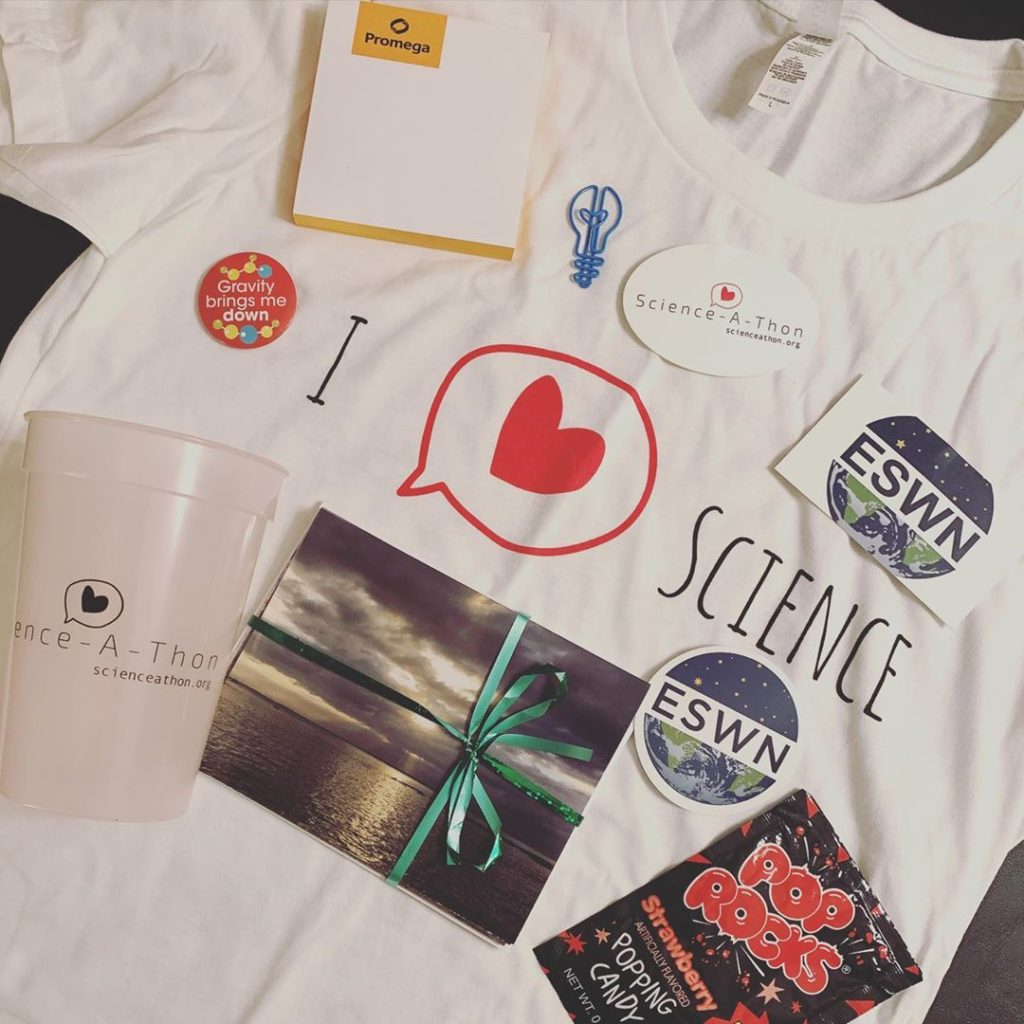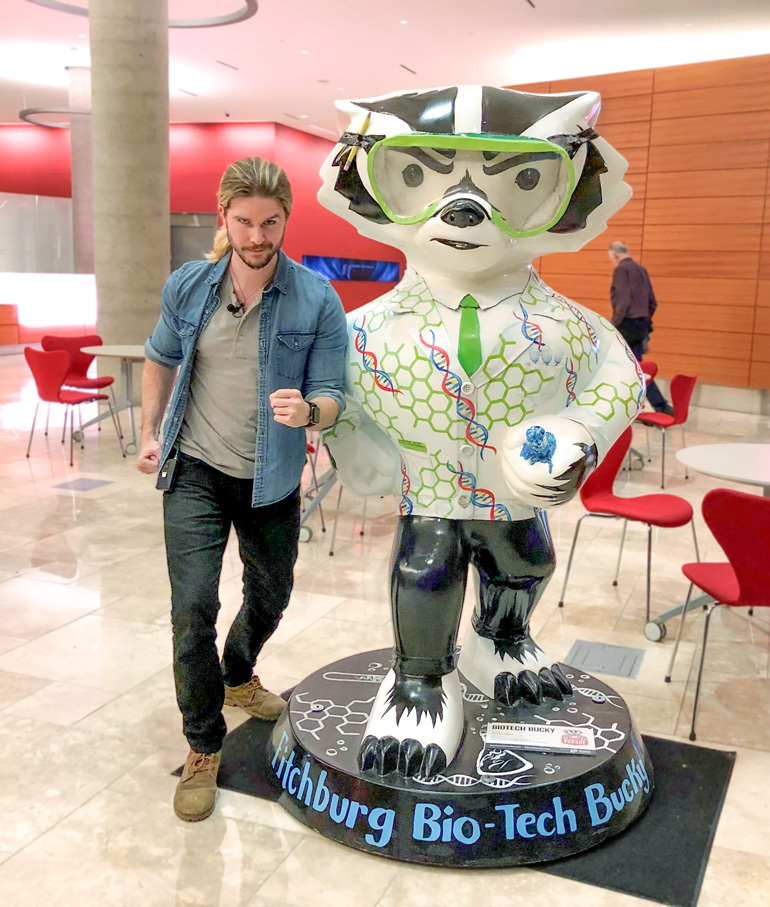As a first-year grad student, I was so excited to start my thesis work. I brainstormed to make a list of experiments to try and then discussed them with one of the senior grad students in the lab. As I enthusiastically explained the goals of my experiments and what I was planning, he gave me a strange look. Puzzled, I asked for some feedback. He told me that, while these were good research ideas, almost all of them had been published. Hence, my first lesson learned from grad school: immerse yourself in the field by reading relevant papers and then plan some innovative experiments to move forward. It’s critical to have a deep knowledge of your field of study—not just to be a good grad student, but to see what is being done and then build on it, or take a totally different approach to innovate.
Reading papers is a big part of keeping up with the latest research. And attending conferences can give you a sense of current work before it’s published. However, I’m sure that, at least once, you’ve heard a cool talk at a conference and then quite a while later, haven’t seen the corresponding paper (so that you can read about all the ins and outs of what they did!). Why would this be? They may have been discussing the data early on in their project. Or perhaps they submitted a manuscript and the review/publishing process is taking a long time. Maybe the data were so surprising that they felt they needed to do a lot of follow-up work to support their conclusions. Or maybe their PI takes forever to write/comment on manuscripts. Etc.
The sooner that you can find out what is going on in a field, the sooner you can design smart, relevant experiments. What can be done to get cutting edge work out there to facilitate the progression of a field as a whole?
Bottlenecks in communicating research can occur at 5 different points in the process. Here are some tips to try to alleviate these delays.
Continue reading “Overcoming 5 Bottlenecks in Communicating Life Sciences Research” Like this:
Like Loading...




